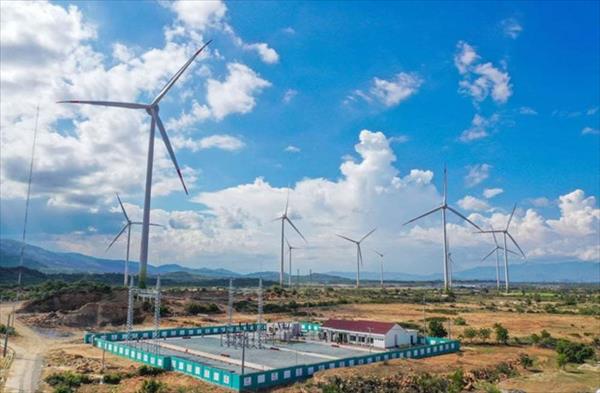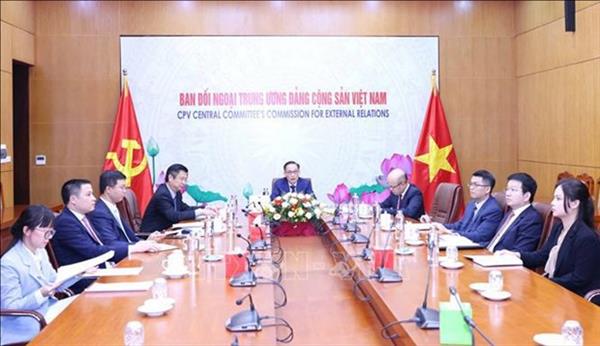The minister said there are four principles in building systems of the e-Government, which are connection compatibility, expandability, no overlapping, and security and safety.
He stressed that the goal of convenient use of public services must be put first, and all public services must be tailored to best serve the people and enterprises, putting the people and enterprises at the centre.
After more than three months implementing Resolution 17/NQ-CP on key tasks and measures to develop an e-Government in 2019-2020 with orientations to 2025, 10 out of the 16 set tasks have been completed. The legal framework for the e-Government has been step by step perfected, a mechanism for investing in and leasing IT services has been put in place, and several information systems have been built, including the national e-document exchange platform and the e-Cabinet.
All ministries and ministerial-level agencies, and 62 out of 63 provinces and centrally-run cities have set up steering committees for e-Government building while making efforts to build databases, public service portals and electronic one-stop information systems. Several ministries and localities have completed such systems such as the Ministry of Natural Resources and Environment, Ministry of Industry and Trade, and Quang Ninh, Dong Nai and Tay Ninh provinces.
The Ministry of Industry and Trade is leading the application of IT in 2018, according to rankings made by the Ministry of Information and Communication. In the first five months of this year, the MoIT processed 99 percent of dossiers on line, and connected 11 online public services with the National Single Window.
MoIT Deputy Minister Do Thang Hai said all 292 central-level administrative procedures within the power of the ministry have been provided on line at at least the second level. Nearly 3,000 enterprises have registered to use the ministry’s public service portal.
Vietnam was ranked 88th out of 193 countries in the UN’s biennial e-government survey 2018, up one place from 2016, thanks to the progress in deploying information and database systems.
The country scored High in the Online Services Index (OSI) and E-Participation Index (EPI) (up from 0.5 points to 0.75 points).
In the Association of Southeast Asian Nations (ASEAN), Vietnam was ranked sixth after Singapore, Malaysia, the Philippines, Thailand and Brunei.
Vietnam came 99th in the 193 member states in the UN e-government development index in 2014. In 2016, the country moved up to the 89th position.
VNA/VNP

















